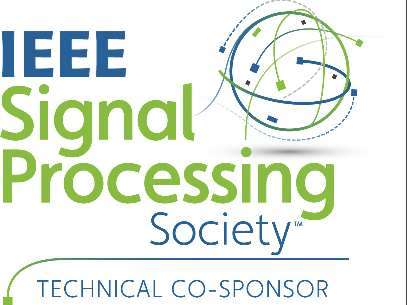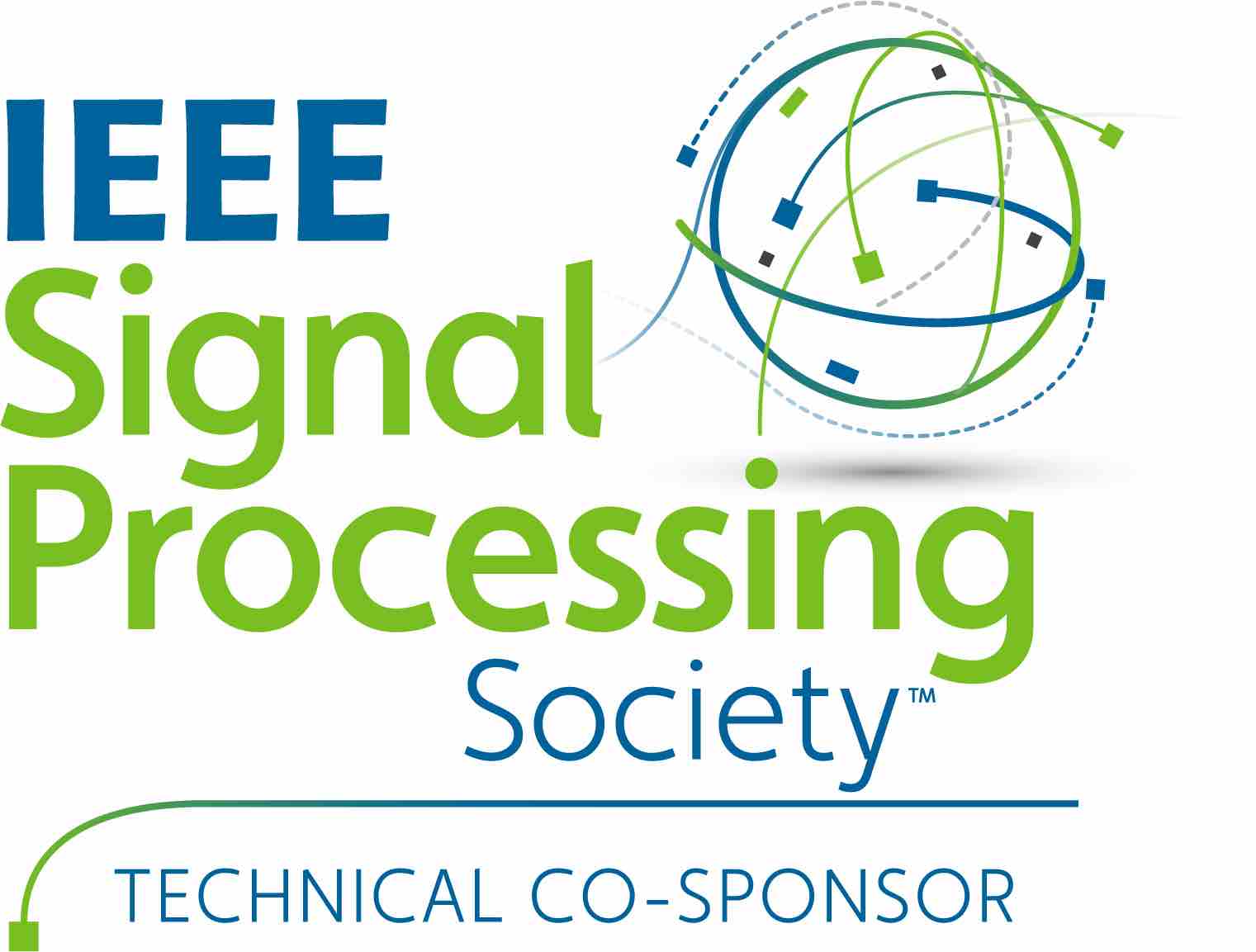About
SampTA 2023
14th International conference on Sampling Theory and Applications
This year’s Sampling Theory and Applications conference will be held at Yale University from July 10-14th, 2023. Registration is open until July 14..
Our Plenary Speakers will include Coralia Cartis, Rebecca Willett, and Mark Iwen, among many others. In addition, we have eight special sessions on topics including manifold learning, randomized algorithms, sampling theory in neuroscience, and more. See our full list here.
We are technically co-sponsored by the IEEE Signal Processing Society.


About SampTA
SampTA (Sampling Theory and Applications) is a biennial interdisciplinary conference for mathematicians, engineers, and applied scientists. The main purpose of SampTA is to exchange recent advances in sampling theory and to explore new trends and directions in the related areas of application. The conference focuses on such fields as signal processing and image processing, coding theory, control theory, real analysis and complex analysis, harmonic analysis, and the theory of differential equations. SampTA features plenary talks by prominent speakers, special sessions on selected topics reflecting the current trends in sampling theory and its applications to the engineering sciences, as well as regular sessions about traditional topics in sampling theory. Contributions from authors attending the SampTA conferences are usually published in IEEE Xplore
The SampTA conference series began as a small workshop in 1995 in Riga, Latvia, but the meetings grew into full-fledged conferences attracting an even mix of mathematicians and engineers as the interest in sampling theory and its many applications blossomed. This even mix makes the SampTA meetings unique in the scientific community. The conference organization is headed by an international steering committee consisting of prominent mathematicians and engineers, and a technical committee responsible for the conference program.
Contact
Get in touch with the organizers by emailing sampta2023@proton.me
Past meetings
Bordeaux, France, July 8-12, 2019 IEEE Xplore
Tallinn, Estonia, July 3–7, 2017 IEEE Xplore
Washington, D.C., U.S., May 25–29, 2015 IEEE Xplore
Bremen, Germany, July 1–5, 2013
Singapore, May 2–6, 2011
Marseille, France, May 18–22, 2009
Thessaloniki, Greece, June 1–5, 2007
Samsun, Turkey, July 10–15, 2005
Strobl, Austria, May 26– 30, 2003
Orlando, U.S., May 13– 17, 2001
Loen, Norway, August 11– 14, 1999
Aveiro, Portugal, July 16– 19, 1997
Riga, Latvia, September 20– 22, 1995
The People
Organizing Committee
General Chair: Smita Krishnaswamy (Yale University, USA)
Program Chair: Bastian Rieck (Helmholtz Munich, Germany)
Publication Chair: Guy Wolf (Université de Montréal, Canada)
Local Conference Support: Ian Adelstein (Yale University, USA)
Technical Chairs of SampTA 2023
Götz Pfander (Catholic University Eichstätt-Ingolstadt, Germany)
Deanna Needell (UCLA, US)
Bubacarr Bah (African Institute for Mathematical Sciences, South Africa)
Ulugbek Kamilov (Washington University in St Louis, US)
Monika Dörfler (University of Vienna, Austria)
Radu Victor Balan (University of Maryland, US)
Arash Amini (UCLA, US)
IEEE SPS Liaison
Yue Lu (Harvard University, USA)
Steering Committee
Akram Aldroubi (Vanderbilt University, USA),
John Benedetto (University of Maryland, USA),
Yonina Eldar (Technion, Israel),
Paulo Ferreira (University of Aveiro, Portugal),
Gitta Kutyniok (TU Berlin, Germany),
Farokh Marvasti (Sharif University of Technology, Iran),
Götz Pfander (Chair of the Steering Committee; Catholic University Eichstätt-Ingolstadt, Germany)
Bruno Torrésani (Aix-Marseille Université, France),
Michael Unser (EPFL, Switzerland)
Founding Members
Paul Butzer (RWTH Aachen, Germany)
Hans Feichtinger (University of Vienna, Austria)
Karlheinz Gröchenig (University of Vienna, Austria)
Rowland Higgins (Anglia Polytechnic University, UK)
Abdul Jerri (Clarkson University, USA)
Andi Kivinukk (Tallinn University, Estonia)
Yuri Lyubarskii (Norwegian University of Science and Technology)
Gerhard Schmeisser (Erlangen-Nürnberg University, Germany)